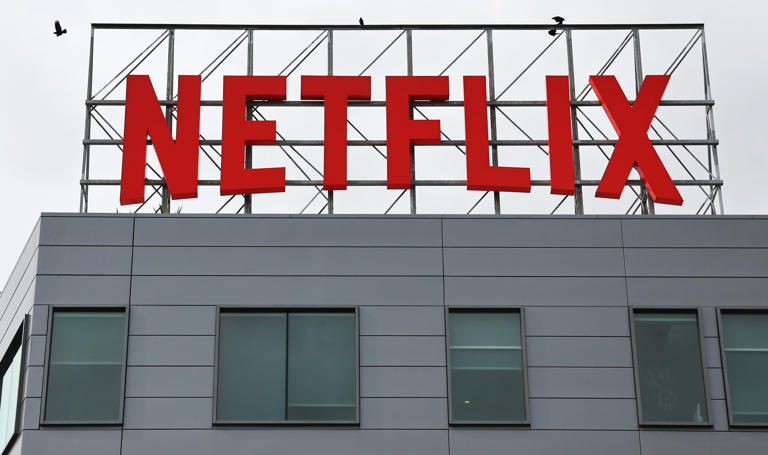The state of Maine is considering implementing taxes on streaming services as part of Governor Janet Mills’ latest budget proposal, aiming to amend the tax code to include these digital platforms. Currently, Maine’s service provider tax targets cable TV, satellite TV, and online sales of movies, TV shows, and music, but does not extend to streaming services. The proposed change seeks to expand taxation to include streaming services like Netflix and Spotify, potentially impacting many of Maine’s 1.3 million residents who utilize these platforms.
Under the proposed legislation, both service providers and customers would be subject to a 5.5 percent tax, along with an expansion of consumer sales tax to encompass streaming subscription payments. This move is expected to generate an additional $10 million in revenue annually for the state. However, the budget proposal also includes an expanded sales tax exemption for nonprofits to offset the potential impact on taxpayers.
If implemented, the tax would mean that a portion of streaming subscription fees, such as a $20 monthly subscription, would include an additional $1.10 in taxes. This isn’t the first time such a tax has been proposed in Maine, as similar measures were suggested in 2020 under Governor Mills and three years prior by her predecessor, Paul LePage.
According to Sharon Huntley, a spokesperson for the Maine Department of Administrative and Financial Services, 25 other states already impose sales taxes or equivalents on streaming services. The proposed tax aligns with efforts in other states to address the growing digital economy and ensure tax fairness across various forms of entertainment consumption.
In a related development, a recent report by the Institute for Policy Studies and Americans for Tax Fairness revealed that Netflix, among other companies, paid more in annual salaries to their top executives than they contributed in taxes each year. The report highlighted discrepancies between executive compensation and corporate tax payments, emphasizing the need for reforms to address corporate tax avoidance strategies.
